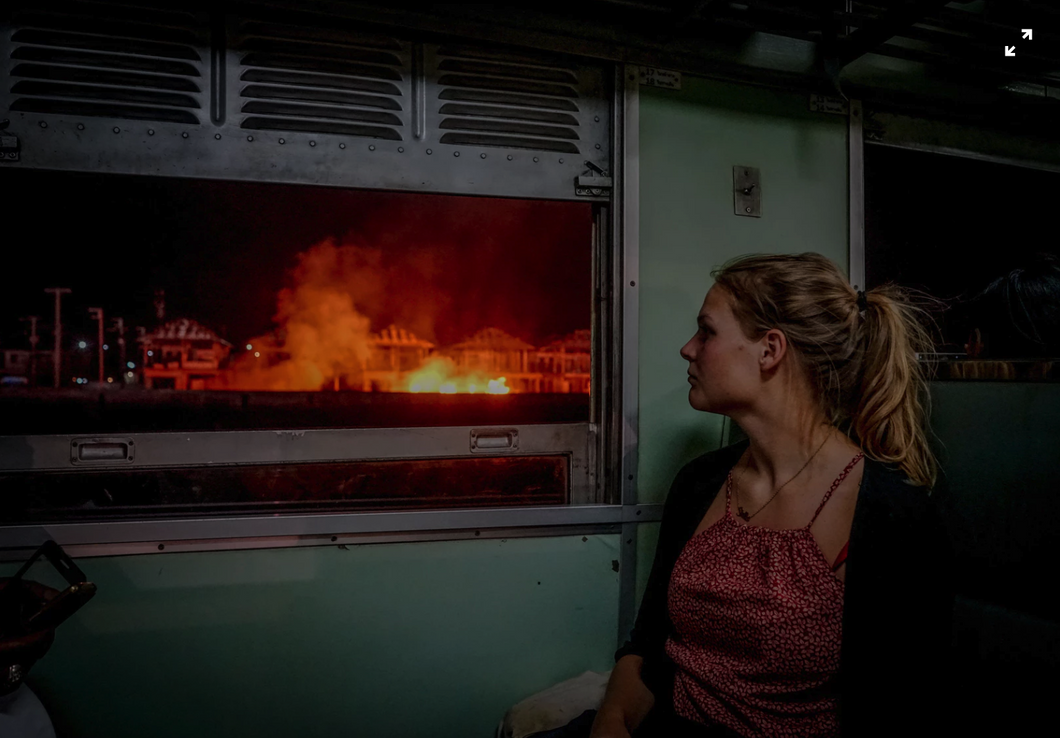Who is a terrorist? The depiction of terrorist groups and individuals is widely romanticized in the media and on television. Movies show terrorists usually as Muslim or Arab individuals who hate America. Terrorist groups are generally depicted as large organizations who prey on the weak to use them as pawns in their plans. Oftentimes, they are shown as deranged, radical, and psychologically unstable people. But how true is this stereotypical depiction of a terrorist? The answer: not very true. The understanding of "who" is a terrorist, wrongly suggests the idea that terrorists are people who all share internal characteristics, some root cause, that "makes them a terrorist." This "syndrome" view of terrorism is not empirically supported by research; however, the "tool" view, or one that asserts terrorism is used as a means to reach a goal, is supported.
Asking "why" an individual uses terrorism is a more effective means of understanding terrorist activity than asking "who". "Who" can basically be anyone. An example that shows the diverse nature and demographics that terrorists can encompass is the recent shooter in New Zealand who killed at least 50 people in two mosques. This man was Australian, not Muslim or Arab, who possibly worked with a few other individuals, but not an entire, famously known terrorist organization (as far as we know at this time). A man who does not fall under the stereotypical depiction of a terrorist.
A man who acted on his radical right-wing ideologies, understood by the suspect's manifesto, targeting a set group of people. According to David Shanks, the chief censor in New Zealand's Department of Internal Affairs, the suspect's manifesto, which has recently been banned, "promotes, encourages and justifies acts of murder and terrorist violence against identified groups of people." Though there are no root causes which "make a terrorist" there are several potential contributing factors which might make terrorism a more likely means of attaining a goal for certain individuals.
One of these psychological characteristics, considered a potential contributing factor, is right-wing authoritarianism (RWA). This ideology is one of adherence to traditional, conservative values and beliefs; furthermore, it is characterized by hostility toward opposing beliefs. RWA is increased by exposure to societal threats; therefore, those with opposing values or ways of life are seen as wrong. The New Zealand shooter held these radical beliefs, evident in his manifesto which also included a list of his white nationalist heroes. Many individuals with strong right-wing beliefs are described as racists or fascist. A description that may not be accurate in all cases, but is supported by a quote from the shooter himself. He declared, "For once, the person that will be called a fascist, is an actual fascist." Simply having these right-wing authoritarianism beliefs is not enough for an individual to simply "become a terrorist;" however, studies have shown that individuals with RWA tend to be more supportive of terrorist actions.
Identifying terrorists and stopping terrorism is an extremely important act governments do in order to protect its citizens. However, simplifying asking "who" is a terrorist and believing the stereotypical depictions drawn up in the media is not an accurate representation that should simply be accepted. Terrorists can be any kind of individual (any race, religion, nationality); the difference is that terrorists see terrorism as an acceptable, justifiable, and likely necessary means of attaining their goal. Whether that goal is political change, 5-minutes of fame, or some other reason, terrorists are individuals who believe terrorism is the way to getting what they want. There are contributing factors which may make terrorism more appealing, such as right-wing authoritarianism, but that alone is not sufficient to deem someone a terrorist.



















